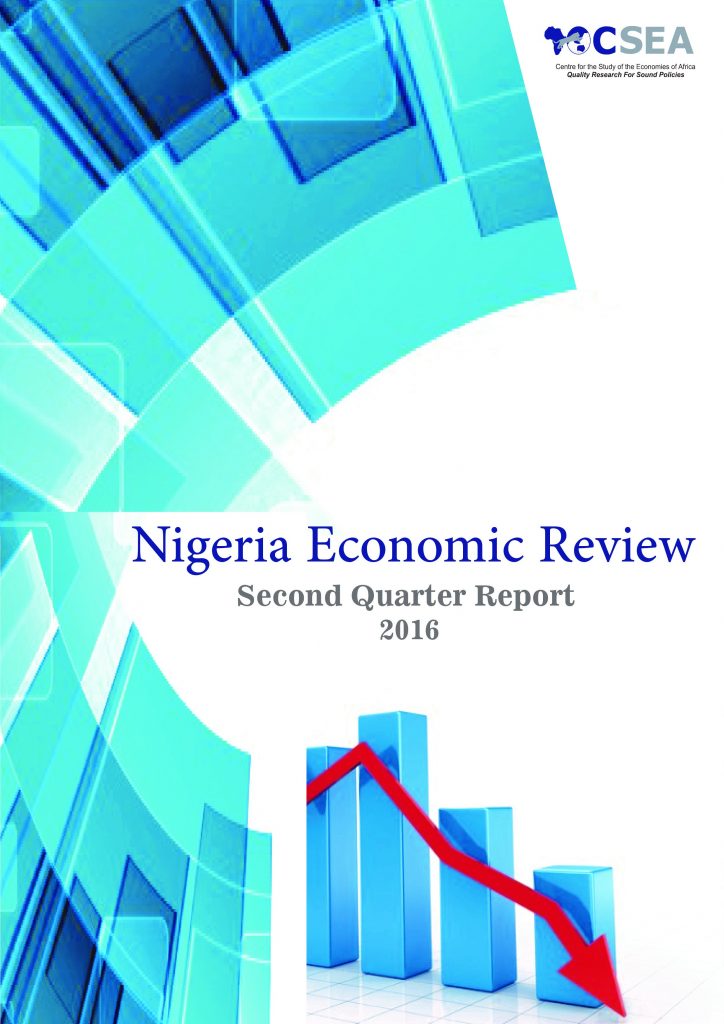Macroeconomic Report & Economic Updates

November 11, 2016
Nigeria Economic Review
This report provides a concise and timely analytical
overview of key aspects of the Nigerian economy. The report is an attempt to
track the developments in the relevant aspects of the economy over a
three-month period. It provides valuable insights into potential drivers of the
economic trends and outlines expectations for subsequent quarters of the year.
The areas of focus are Global Economic Performance, Domestic Economic
Performance, External Sector Performance, and Sectoral Performance.
Related
Understanding The Ongoing Recession In Nigeria:A Synthesis Of The Events And Policy Options
In
the second quarter of 2016, the Nigerian economy witnessed its first recession
in twenty years due to the interplay of several external and internal factors.
The recession has continued until date and has given rise to relentless
unemployment rate and job losses, double digit and soaring inflation, currency
depreciation and widening gap between parallel market and official exchange
rates, amongst other adverse effect on individuals and firms in the country.
Thus, there is a need to take a deeper look into the nature of the present
recession as well as the impact of monetary and fiscal policy responses thus
far, in order to shed light on the way forward towards tackling the recession
and ensuring sustainable economic growth. This paper analyses the ongoing
recession in the Nigerian economy to provide insights into the interplay of
events and recommendations for policy.
Nigeria Economic Update (Issue 1)
Nigerias external reserves improved in 2017. The reserve stood at approximately $39 billion as at the end of December 2017, up by about 50 percent from the $26 billion at the beginning of the year 20172. The surge in reserve was particularly boosted by increased capital importation, and crude revenue earnings prompted by a relatively higher crude oil price and improved domestic production. Given that the recent uptick in external reserves is still largely associated with improved crude oil price, efforts should be geared towards conserving current reserve gain so as to cushion future external shock. In the medium term, there is need to diversify export earning away from oil so as to mitigate the effects of volatility in crude oil prices.
